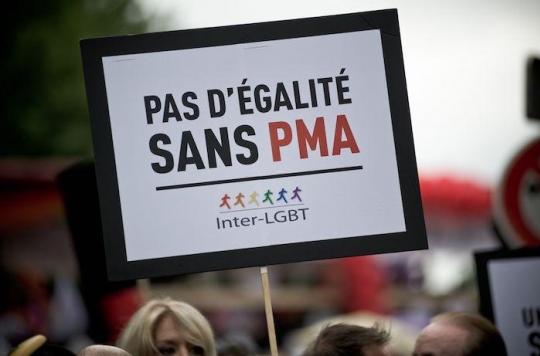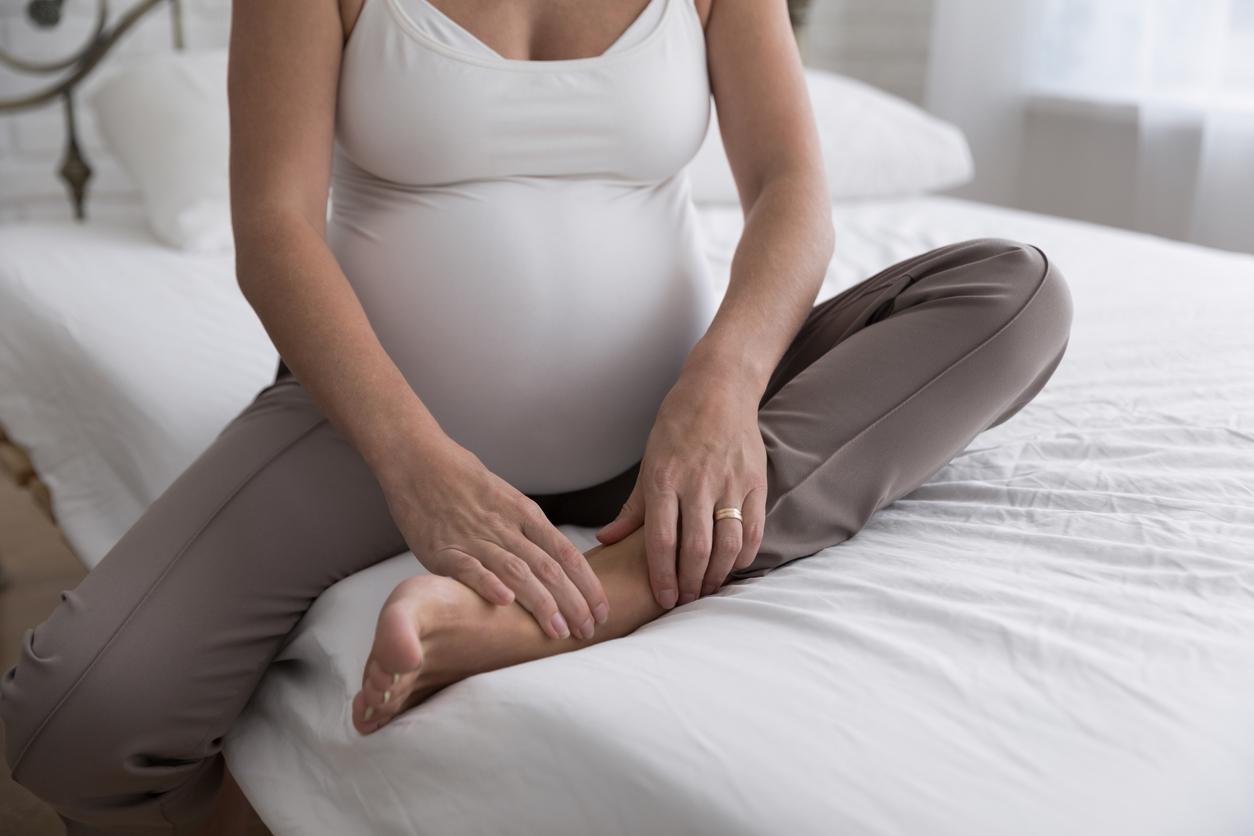The reactions to the favorable opinion of the CCNE for the opening of the assisted reproduction for couples of women and single people reflect the lines of fracture.

Couples of women or single women could have access to medically assisted procreation (ART). After the favorable opinion of the National Consultative Ethics Committee (CCNE), Christophe Castaner, government spokesperson, indicated that the legislation could evolve.
“This opinion is in line with the positions of Emmanuel Macron during the presidential campaign”, he recalled, before adding: “Our objective is indeed to translate from a legislative point of view the opinion” of the CCNE.
A promise that has not fallen on deaf ears. The human rights defenders and LBGT people have already warned that they will not let go. After welcoming “a progressive and humanist opinion”, the SOS homophobie association indicated that it wanted to meet the government “as soon as possible to ensure the rapid adoption of this important law. “
CCNE supports the #PMA : a step forward for all mothers. https://t.co/hXk5RVMlGp #PMAforall pic.twitter.com/ciOEP8a0um
– SOS homophobia (@SOShomophobie) June 27, 2017
#PMA opinion #CCNE sane, fair. No one thinks of it lightly. Stop hypocrisy on this social inequality, achieve equality in law
ChT– Christiane Taubira (@ChTaubira) June 27, 2017
Do not unleash passions
But on the side of the State, we seem to prefer to take our time. The spokesperson did not specify a timetable, explaining that it is “important to seek the broadest consensus” and “serenity”.
Because if many political figures like the former Keeper of the Seals, Christiane Taubira, or institutions such as the High Council for Equality, have welcomed this opinion, other voices are resurfacing the tensions and tensions around this issue of society.
It must be said that even within the ethics committee, access to assisted reproduction for all women is the subject of debate. Eleven members signed a dissenting opinion in which they denounce “the institutionalization of families without father”. An opinion shared by the former deputy Les Républicains (LR), the Dr Jean Leonetti. On Twitter, he said he was surprised by the contrast between the CCNE’s decision and the committee’s “cautious” argument, and wondered: “Can we make a child grow up without a father? “
Isn’t life hard enough? No law should deprive 1 child of its father & mother#They have gone crazy # PMAwithoutFather #NonALaGPA
– Emmanuelle Ménard (@ Menard2017) June 27, 2017
“An injustice done to one is a threat made to all”
The #PMAwithoutFather unacceptable ! pic.twitter.com/EWACT6DFbL– The Sentinels (@Sentinelles_fr) June 27, 2017
Questions about reimbursement
For’Catholic Church, this lack of consensus within CCNE underlines the need for “a broad dialogue before any legislative measure”. She also fears a domino effect which “would one day lead to consider as ethical the fact that two men have access to procreation in the name of equality between men and women” with surrogacy. However, CCNE has clearly expressed itself against this practice, even calling for the strengthening of prohibition at the national and international level.
The French Bishops’ Conference is also wondering about the “conditions of access and feasibility of the thus enlarged PMA”, taking up at the same time the arguments of CCNE members opposed to the PMA for all. Asked about this, the rapporteurs of the CCNE opinion admitted that the question of reimbursement of the assisted reproduction for couples of women or single people had not been resolved. The President of CCNE, Prof. Jean-François Delfraissy, mentioned the possibility of a “differentiated” reimbursement so that the health system does not bear the costs.
Oocyte self-preservation divides
CCNE’s opposition to oocyte self-preservation without medical reason is also a source of debate. In a column published by The world, 200 doctors led by Dr Michaël Grynberg, head of reproductive medicine and fertility preservation at the Jean-Verdier hospital (Seine-Saint-Denis), deplore an “illogical decision”. “It seems fundamental to us, at a time when the laws of bioethics will soon be discussed again, to lift this ban on societal oocyte self-preservation”, they explain. A request also formulated by the Academy of Medicine a few days before the opinion of CCNE.
Aware that this opinion on assisted reproduction could arouse passions, CCNE insisted on the fact that its positions are not set in stone. They could also be “revisited or improved” during the revision of the bioethics law which should take place in 2018, said Professor Delfraissy.
.















